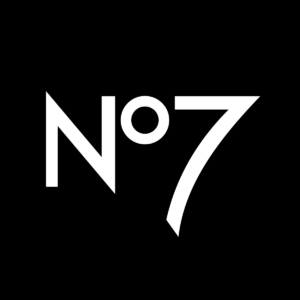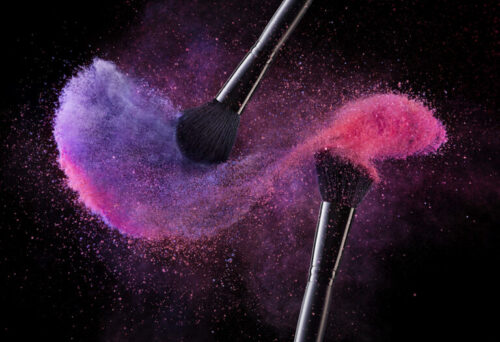The global cosmetics industry is worth around £316.7 billion and is growing by 5.3% every year, with beauty brands like L’Oréal, Unilever and Estée Lauder leading the way. Having recovered from the pandemic, the cosmetics industry is taking off and thriving like never before. What do translation services have to do with this, you may be wondering?
The answer is – a lot! Translation services are what get your product out there; translating your adverts, videos, websites, product labels and packaging, helping localise your content and getting your brand message to reach your target audience. Did you know? North Asia makes up one third of the world’s market for beauty and personal care products, followed by North America (26%) and Europe (22%). Therefore, in order to excel and promote your cosmetics on a global scale, you need to be tapping into those audiences and stepping outside of the UK / US.
Here are some of the ways that translation services can help you engage an international audience:
1. Keyword optimisation
When you’re translating your website into another language, you need to make sure that the words you are using will also be picked up by your customers doing a Google / SEO search in their own language. The translated content on your website needs to be localised so that your page crops up first when potential customers search for beauty products in French, Spanish or Japanese. This is where a word-for-word translation doesn’t always cut it, and you need translators who know the target language inside out to help pick out those buzzwords for you.
2. Up-to-date market knowledge
Expert translators, who always translate into their native language, will make it their job to pick out the equivalent and relevant cosmetic terms in the target language, taking into account the current industry trends: for example, using the words ‘pro-age’ rather than ‘anti-age’, or ‘dark circles’ under your eyes rather than ‘bags’.
3. Having a way with words
Translators are linguists. They can creatively maintain any alliteration, rhyming or word plays from the original slogan or tagline, whilst making it sound right in their language. For example, No7’s ‘protect & perfect’ slogan for their skincare products sounds better in French using nouns instead of verbs: ‘protection et perfection’. Check out how Dialogue has provided No7 with translations of their skincare products in Canada by reading more here.

4. Cultural awareness
Moreover, translators are aware of the cultural nuances and taboos surrounding the beauty/cosmetics industry in their country, and so can advise in order to avoid causing offence or embarrassment. Afterall, beauty is in the eye of the beholder – and the concept of beauty is very different in any given country.
5. Improve your social media following
Although there may be a function on Facebook and Instagram to translate your posts and stories, the reality is that this machine translation simply doesn’t do the job, often leaving the impression that your captions were translated by Master Yoda! Auto-translation of slang or colloquial speech and abbreviations can lead to real confusion and is certainly not the tool to rely on for promoting your product. Facebook has been in trouble in the past for its auto-translation of posts, most notably when the name of the Chinese President, Xi Jinping, was translated from Burmese into English as an expletive in 2020. Since 66% of customers discover brands on social media and a good 37% of shoppers find out about new cosmetics products through social media ads, these are platforms you cannot afford to be missing out on. Get your pages translated in a way that reflect your brand’s style, voice and clearly speak to your TA.
If you are interested in finding out more about how Dialogue can help promote your cosmetics brand and products, give us a call today on: +44 (0) 1865 596980
Why? Parce que vous le valez bien ! // Because you’re worth it!

